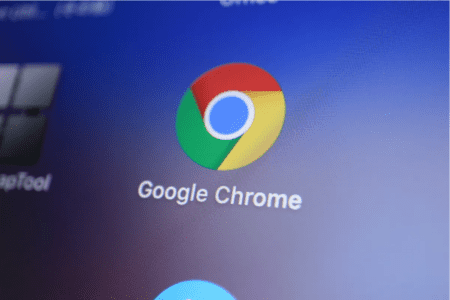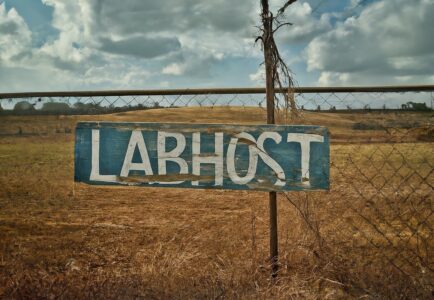There are three thousand Dutch websites that are less easily accessible via Google Chrome as of today. The sites still use Symantec certificates, even though Google no longer supports them from version 70 of Chrome. Visitors to the sites will receive a warning.
This is what the Open State Foundation is today setting against the NOS. This concerns a number of large sites, including those of supermarkets Ekoplaze and Emté, but also websites of Buma Stemra, municipalities Zutphen and Heemskerk and the customer service page of NS International. A number of the site owners indicate that they are still taking measures today.
Not well secured
Browsers use certificates to determine whether the connection they make to a site is secure. About half a year ago, Google withdrew its confidence in Symantec certificates. Google announced that from Chrome onwards it would mark 70 websites that use the relevant certificates as unsafe. Today this version of Chrome will be released and some sites will be considered unsafe.
Google’s decision to consider the Symantec certificates unsafe stems from the fact that for some time Symantec wrongly issued certificates for sites. As a result, the certificates could not be trusted as far as Google is concerned and it was better to stop using them altogether. So that decision was made today.
The sites that Google indicates may be unsafe, will still be accessible. At the same time, the user will see a warning screen that indicates that the site’s certificates may not be correct. It is therefore explicitly discouraged to visit the site.
Google is not the only browser that stops supporting Symantec certificates. Mozilla does the same with Firefox, although it takes a little longer for the company to do so. There are still a relatively large number of websites that use these certificates and according to Mozilla, stopping using them now would be harmful to the browsing experience.
This news article was automatically translated from Dutch to give Techzine.eu a head start. All news articles after September 1, 2019 are written in native English and NOT translated. All our background stories are written in native English as well. For more information read our launch article.


















